You’ll learn the basics of waterproof and dustproof lighting with this fast guide on IP ratings for outdoor lights.
Key characteristics like waterproofing and dustproofing are responsible for the widespread use and variety of modern outdoor lighting. These days, you can quickly tell a light fixture’s endurance by checking its IP rating.
The value of the IP rating system cannot be understated. Even though it only has four characters, it says a lot. Despite the many advantages of using IP codes, the numbers themselves can be rather perplexing.
This article will simplify the complicated topic of IP ratings into an easy-to-follow manual that will assist you in selecting the right lighting for your project.
Let’s get going.
IP Rating: What Does It Mean?
IP stands for Ingress Protection, and an IP rating (or code) classifies the level of water and dust resistance of an electronic device enclosure. An electronic device’s IP rating is determined by how well it performs on a series of benchmark tests.
The International Electrotechnical Commission (IEC) establishes the testing standards, and only businesses that have received IEC certification may provide IP ratings.
IP ratings offer a straightforward and understandable approach to identifying a product’s capabilities, making them useful tools for customers. Better environmental damage prevention is indicated by higher IP ratings.
IP Code: Explanation
Two letters, two digits, and four characters make up the typical IP code. Every code starts with the initials IP, which stand for Ingress Protection, as its first two characters.
The third letter comes next, and it is a number that indicates how resistant a gadget is against solid particle penetration.
Zero is the lowest rating, and a product with that rating will not be protected from dust or other solid particles.
The device is entirely dustproof when it is at level six, which is the higher rating.
The fourth character, which is also a number, denotes the degree of a device’s resistance to liquid infiltration.
Zero, once again the lowest value, denotes that the equipment has no liquid protection.
The device will remain waterproof even when exposed to a high-pressure, high-temperature liquid jet spray, according to the maximum level of nine.
How Does the System of IP Certification work?
Table of Contents
Toggle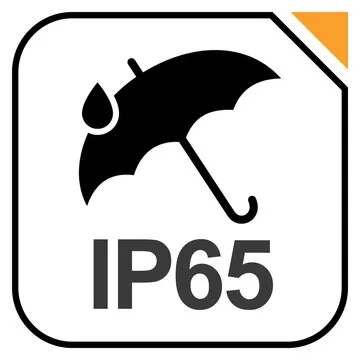
Obtaining an IP certification is a straightforward, occasionally laborious process. An IEC-certified testing company receives a working product sample from the manufacturer, together with a declaration of the anticipated IP rating.
According to IEC requirements, the company puts the products through a battery of rigorous tests. To guarantee consistent findings, multiple samples are needed for each test. The product will only be given a passing grade if it is still in flawless functioning order at the conclusion of the tests.
A failing grade will be awarded for even slight damage.
Only the versions of the items that have been submitted to the company are tested against the declared (specified) IP rating. For certification, updated and altered designs must be submitted again.
Consider the iPhone 8 from 2017 and the iPhone SE (3rd Gen.) from 2022 as examples. The chassis and seals are identical. However, only the iPhone 8 was examined and given an IP67 certification.
Before applying the IP67 certification insignia to the product, Apple has to resubmit the iPhone SE for testing.
Having to do with IP certification symbols. For qualified equipment, there isn’t a common ingress protection logo, symbol, or emblem.
Manufacturers are free to select how to show their IP certification. While some prefer basic black writing on the box, others use bespoke IP badges that coordinate with their product identity.
Tests for Dust Protection
The IEC specifies seven dust (solid object) protection tests, ranging from zero to six. The testing standards used to determine the entry of foreign objects are briefly described in the section below.
Tests for Water Protection
Since factors like temperature, pressure, and flow rate can affect water’s ability to enter an object, determining the water protection level for outdoor lights can be challenging.
Thus, there are more than eleven water protection tests that range from 0 to 9, including unique tests like 6K and 9K.
The details of the various testing standards used to guard against water entry are listed below.
Minimum IP Rating for Outdoor Lighting
Outdoor lighting fixtures need a minimum IP44 rating, which gives protection against rain, big bits of dirt, and small insects. Tree lights, patio lights, bollard (path) lights, and outdoor lamps should all be at least IP44-rated.
Some light fixtures, such as wall lights, are frequently located under an overhang (shade). These lights can get away with a lower level of water protection (IP43). But the dust protection needs to be at level four or higher.
The recommended IP grade for outdoor lights is IP66 or higher. A water protection level of six means your outdoor lights can even resist heavy rain.
If you anticipate your outdoor lighting fixtures periodically submerging in water, an IP67 or IP68 rating, which corresponds to flood protection—will be advantageous. Recessed deck lights should be good with an IP67 rating, but pool lights require a minimum IP68 rating.
It just costs a little more to make your light fixture IP67 (or IP68)-compliant than IP66-compliant. As a result, some manufacturers of lights forego the IP66 designation and instead focus on the IP67 grade.
For indoor lighting, the bare minimum IP rating
For interior lighting, IP 22 is the required minimum rating. Interior lights don’t need to be well protected because there is no risk of rain, insects, or other small (solid) things getting into the fixtures.
Your lights’ internal circuitry will be shielded with an IP22 rating from smears of water and unintentional touching.
For bathroom lights, a high IP rating is advised so they can withstand any unintentional water splash or spray.
Should you purchase lighting items without IP certification?
No, most consumers should refrain from purchasing uncertified lighting products, particularly for outdoor illumination. If the interior illumination comes from recognised manufacturers, you can make an exemption.
The absence of an IP certification does not imply complete water and dust protection. It simply indicates that the producer did not submit their goods for testing by the IEC.
It can be rather expensive to obtain these IEC certificates, especially for small organisations. Even if the IP is totally watertight, many people still decide to bypass it.
Consumers won’t be able to assess a light fixture’s level of water or dust protection without an IP certification. Uncertified recessed LED fixtures might work well for path lighting but not for illuminating a pool or a fountain underwater.
What IP rating is best for your outdoor lighting setup?
IP68 is the best IP rating for ordinary outdoor lighting. But it’s not always essential and comes with a higher cost. Following is an overview of common IP ratings and their compatibility with outdoor lights.
IP22 or Lower Rating
IP22 lights provide a very low level of protection. Thus, they are only suitable for outdoor ceiling recessed lights. Like the type you would install in the overhang of your garage door.
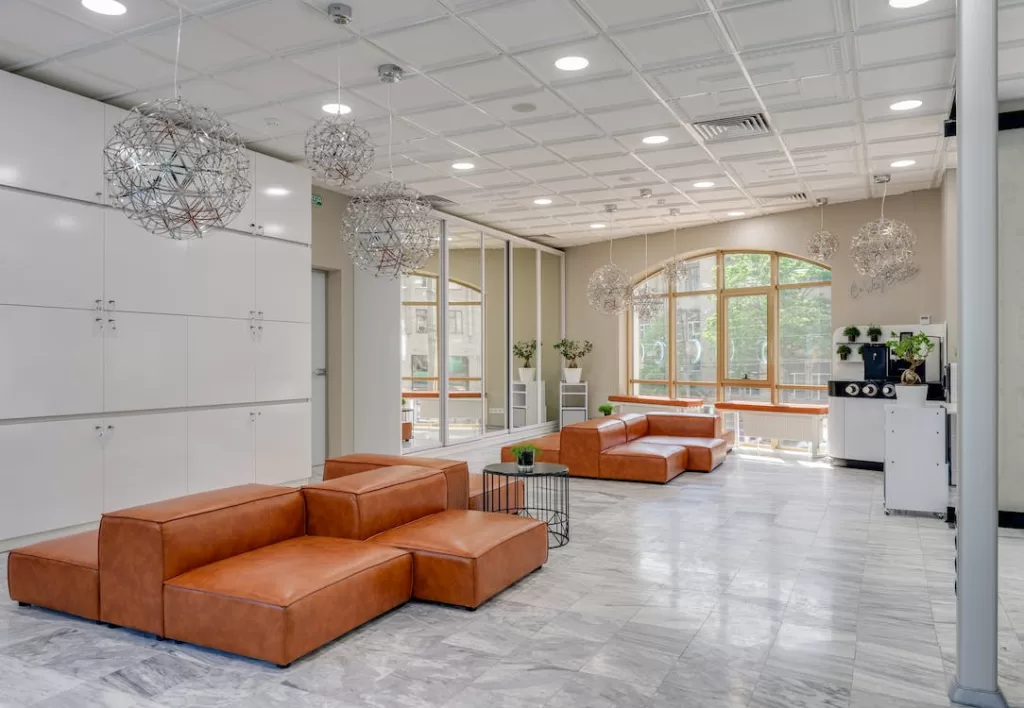
IP44 Rating
In general, IP44 is a solid choice for most outdoor areas. It resists spraining water (light rain) and keeps small, solid items out of the housing.
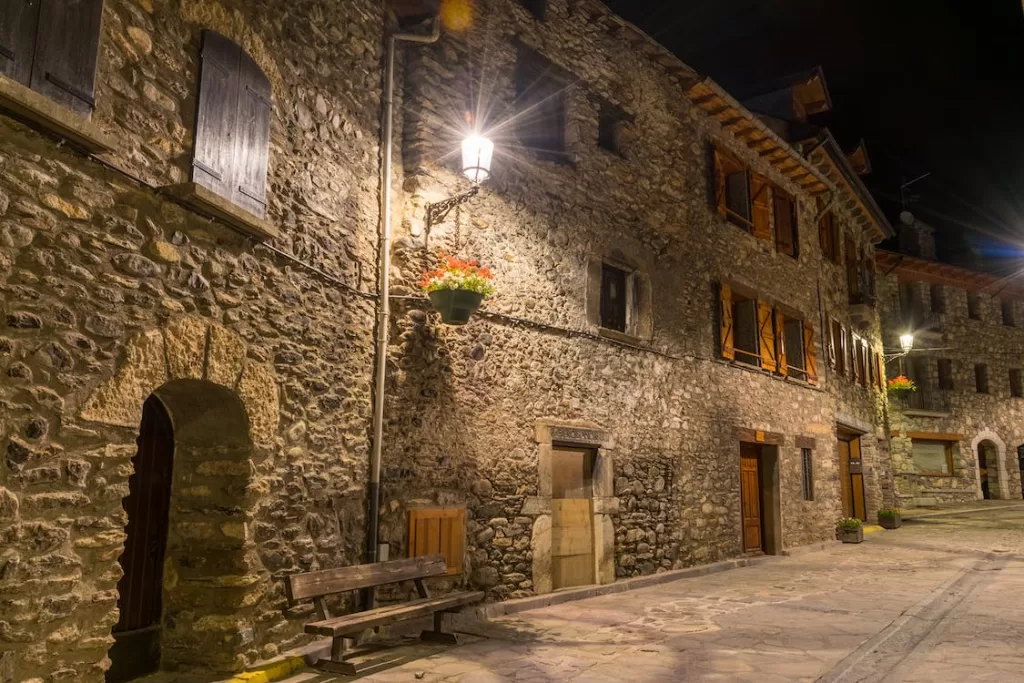
Ratings: IP65 and IP66
Your outdoor lights will be protected from dust (particles smaller than 1mm or 0.04 in.) and low-pressure water jets (heavy rains) if they have an IP rating of 65 or 66. Lights that are installed close to or underground must have IP ratings of 65 or higher.
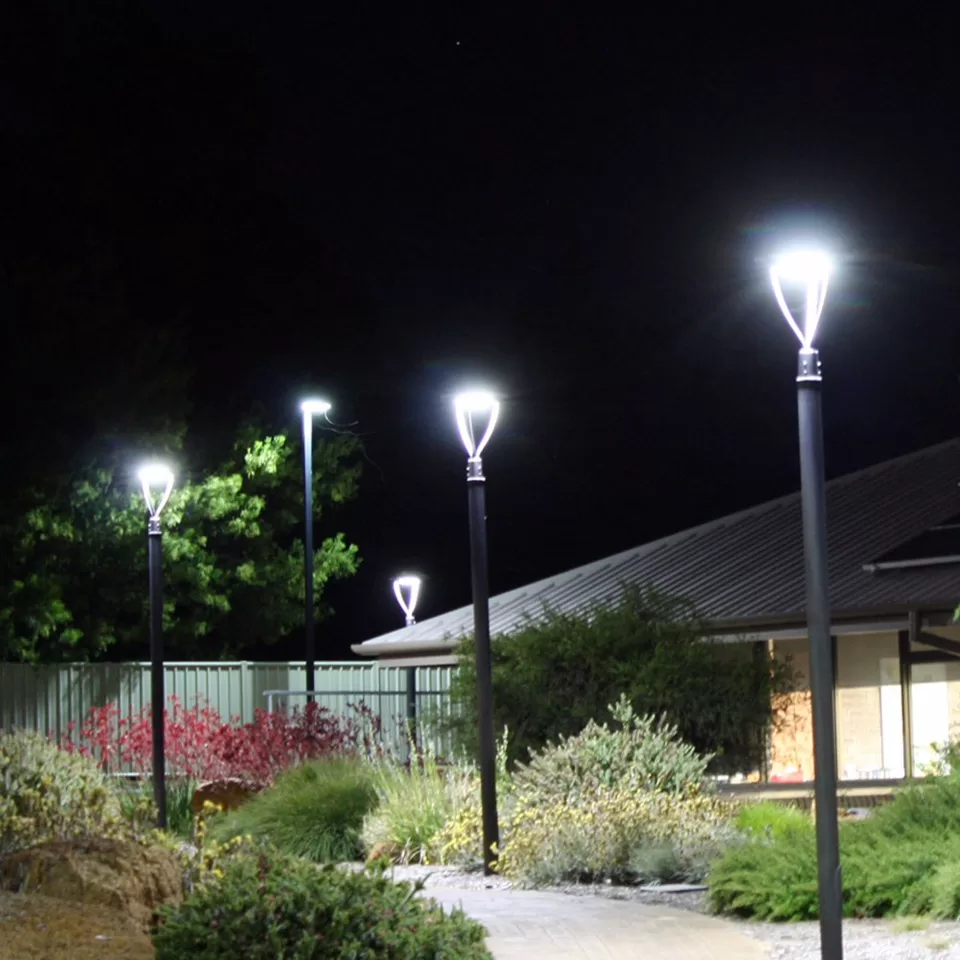
IP67 and IP68 ratings
The highest commercial certifications for IP are IP67 and IP68. Even high-pressure water jets won’t pose a problem for these light fixtures because they are entirely waterproof.
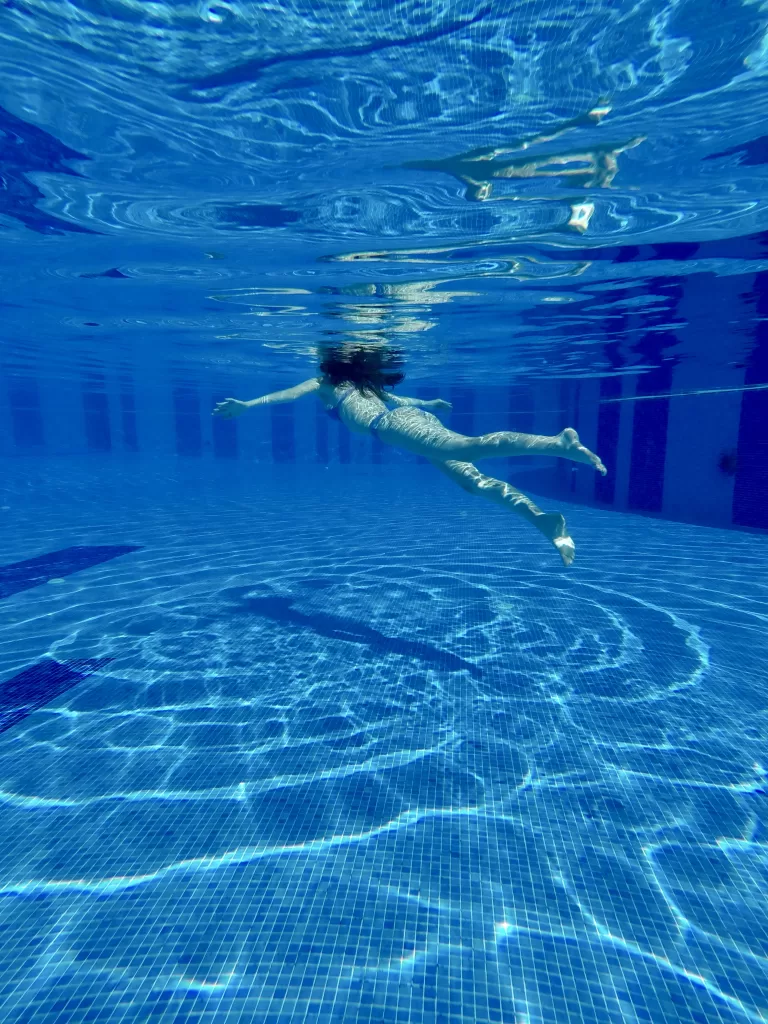
IP69 Rating
The best IP rating for lighting is IP69 (or IP69K), which offers even greater security than the IP68 grade. These lights are not intended for use outside. They work best as interior lights in industrial settings.
Lights with IP69 certification can withstand jet sprays with high temperatures and pressure.
Only the IPX6 Waterproof Rating
On occasion, a lighting fixture with an IPX6 or IPX7 rating will be visible. The product was not tested for dust resistance, as shown by the “X” preceding the number. The fact that a water-resistant light will also have some dust protection should be noted.
The only dust-proof rating is IP6X.
Lighting that is dustproof is more prevalent than waterproof lighting. After all, stopping dust from getting into a light fixture is simpler than stopping water.
For use in factories where the chance of wood or metal power intrusion is higher than the risk of water ingress, dust-proof light fixtures are excellent.
Conclusion
Outdoor lighting now needs to have IP ratings. They are a practical and simple technique to determine how well a product protects against environmental damage. These light fixtures must meet the high demands of contemporary outdoor lighting schemes. Without completely waterproof lighting, it would be impossible to use several common outdoor lighting systems.
Finding the correct lighting for the right application is now a breeze thanks to IP ratings.
Don’t Sacrifice Quality; Buy IP-Certified LED Lights from ILLUSTRIOUS Technologies India Pvt. Ltd!
LED lighting solutions are produced and supplied by Illustrious Technologies India Pvt. Ltd., a market leader. To more than a hundred nations around the world, we have been delivering items of the highest calibre, such as LED indoor and outdoor lighting, on schedule and within budget.
Due to our dedication to high-calibre products and first-rate customer support, ILLUSTRIOUS Technologies India Pvt. Ltd. has established a solid reputation as a reliable business. Considering creating a unique design? Bring your ideas to life with the aid of our knowledgeable experts.
For exceptional performance and longevity, get items from Illustrious Technologies India Pvt. Ltd. Don’t accept less.
